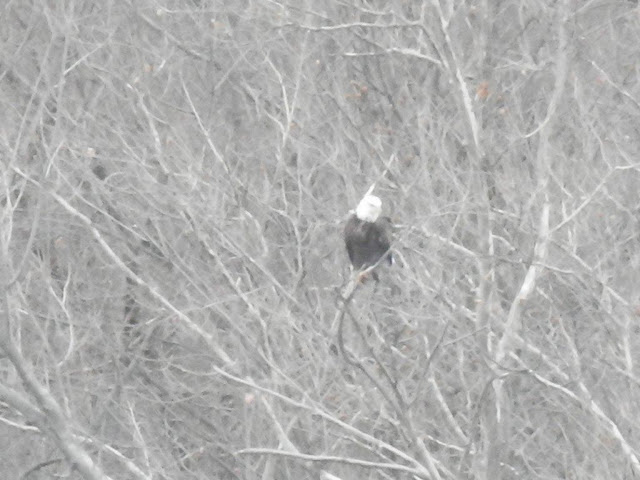You walk into your doctor's office with a bullet hole in one leg, stab wounds in your chest, severe burns on your feet and, what the heck, let's throw in a doozy of a hangnail, too.
Clearly, you need care.
And your doctor's response?
He asks if you've been taking your vitamins. He wonders if you've considered getting more exercise. He suggests you fundraise to buy bandages and promises you baby aspirin, maybe, later, if you can convince the neighbors you need them.
That's how Pennsylvania lawmakers treated sportsmen last week.
The executive directors of the Pennsylvania Game and Fish and Boat commissions delivered their annual reports to the members of the House of Representatives game and fisheries committee. As expected, both spent a significant portion of their time asking for money.
Hunting and furtaking license prices haven't changed since 1999; fishing licenses not since 2005.
Increasingly, that's leading to consequences.
 The Game Commission has already closed two pheasant farms, something that will mean 50,000 fewer pheasants — at least — for hunters this fall. Next up, said executive director Matt Hough, might be the shuttering of the Middle Creek Wildlife Management Area and Howard Nursery, which provides trees and shrubs for game lands.
The Game Commission has already closed two pheasant farms, something that will mean 50,000 fewer pheasants — at least — for hunters this fall. Next up, said executive director Matt Hough, might be the shuttering of the Middle Creek Wildlife Management Area and Howard Nursery, which provides trees and shrubs for game lands.
The Fish and Boat Commission, meanwhile, will have no choice but to make “deep program cuts” starting in 2018 without additional revenue, said executive director John Arway. It's likely some of those will come via hatcheries, he warned.
Both agencies are short on law enforcement officers — the front line against poaching — and may get shorter, the directors said.
That's all on lawmakers.
Only they can increase prices. The fact that they haven't in so long is, as Wes Waldron of the United Bowhunters of Pennsylvania said recently, “at best unconscionable.”
What's the holdup?
Naked self preservation.
Lawmakers didn't display any animus toward the commissions, unlike in times past. But they danced all around the fee issue.
They quizzed the agencies on whether they're cutting costs. They suggested other ways of raising revenue, like selling permits to allow people to use ATVs on game lands. One offered to propose giving each $1 million in general tax money — something that's unprecedented — to tide them over until something, meaning who knows what, changes.
That's all fine as far as it goes. The commissions should be pressured to be efficient and creative.
But none of those ideas will solve their problems or help sportsmen.
Several lawmakers said they understand that and have heard virtually every statewide sportsmen's group say they favor fee hikes.
But they also made clear they won't risk votes back home to do anything about it, not until the commissions can somehow prove an even wider groundswell of support.
Enough's enough.
No one likes paying more for anything. But the time's come.
Sportsmen who value fish and wildlife and the recreation they provide must tell lawmakers to properly our natural resource agencies.
If not, we'll all pay the price in other ways.
Bob Frye is the Tribune-Review outdoors editor. Reach him at 412-216-0193 or bfrye@tribweb.com. See other stories, blogs, videos and more at everybodyadventures.com.









